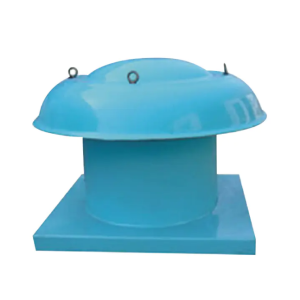Disposable Centrifugal Tube play an important role in daily laboratory operations due to their convenience, reliability, and suitability for handling various liquid samples. These tubes are widely used in biological research, chemical analysis, pharmaceutical development, and environmental testing. Their disposable nature helps simplify workflows by reducing cleaning time and lowering the risk of cross-contamination.
One of the common applications of disposable centrifugal tubes is sample separation. When used in a centrifuge, these tubes help separate mixtures into layers based on density, allowing technicians to extract specific components such as cells, proteins, or suspended particles. They are also useful for storage and transport of liquid samples. The secure caps help minimize leakage, ensuring that materials remain stable during short-term handling.
In molecular biology, disposable centrifugal tubes often work with reagents for DNA extraction, protein purification, and buffer mixing. Their clear plastic walls allow easy visual inspection of sample volume and condition. Many tubes include graduation marks, which help measure approximate quantities without the need for additional tools.
These tubes are also suitable for quick sample preparation steps such as vortexing, heating in water baths, or simple blending procedures. Their ability to handle varied temperatures and chemical environments adds flexibility during experiments.
Because they are designed for single use, disposable centrifugal tubes help maintain clean laboratory environments and reduce the chance of unwanted residue affecting experimental outcomes. Their structure, size options, and compatibility with centrifuge adapters make them a practical choice for laboratories seeking efficient sample management.





